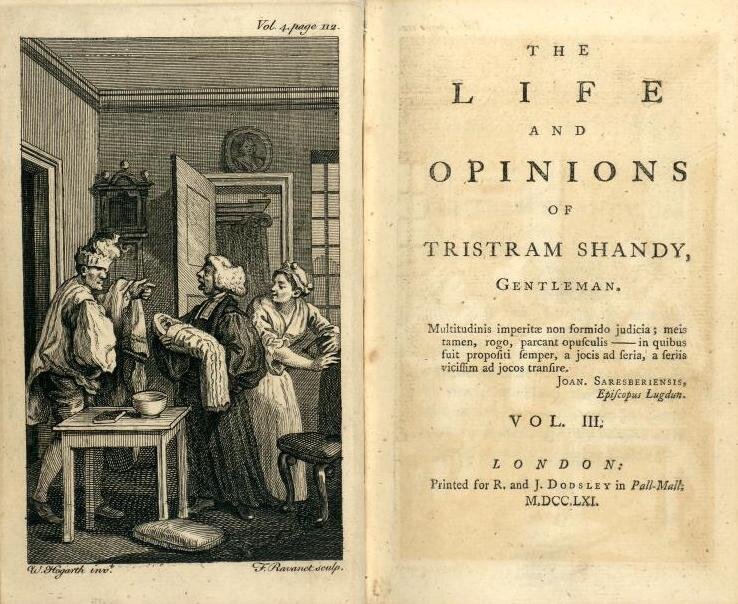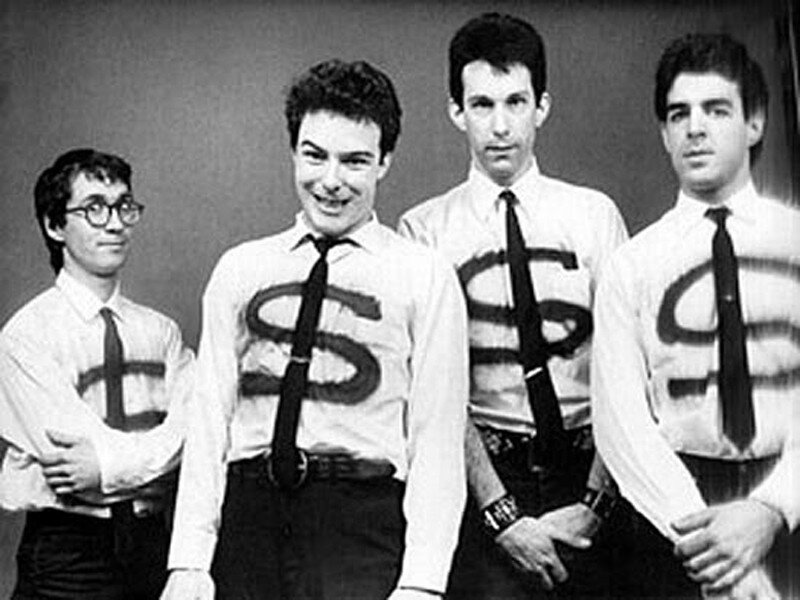Word of the week: This oddly evocative noun might summon in the mind some tactile, earthy image, or a strange childrens’ TV fictional character, but actually pertains to a person who is politically neutral, aloof, or independent, and in 19th-century America, described anti-corruption party switchers
Read moreWord of the week: mugwump
A Mugwump in David Cronenberg’s film adaptation of William S. Burroughs’ novel The Naked Lunch


















